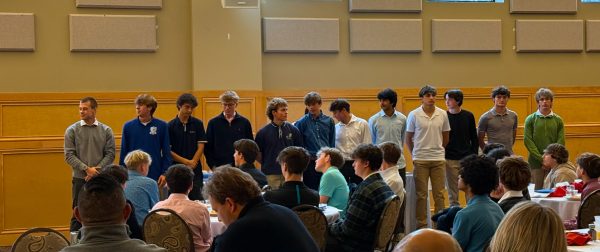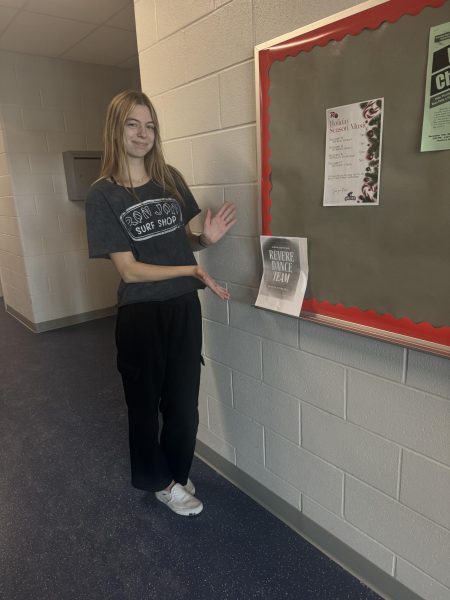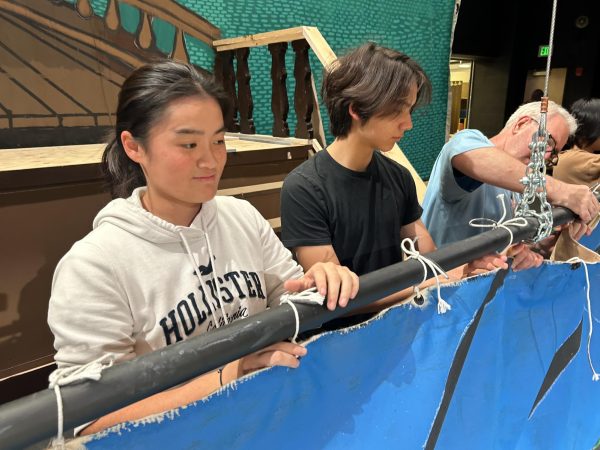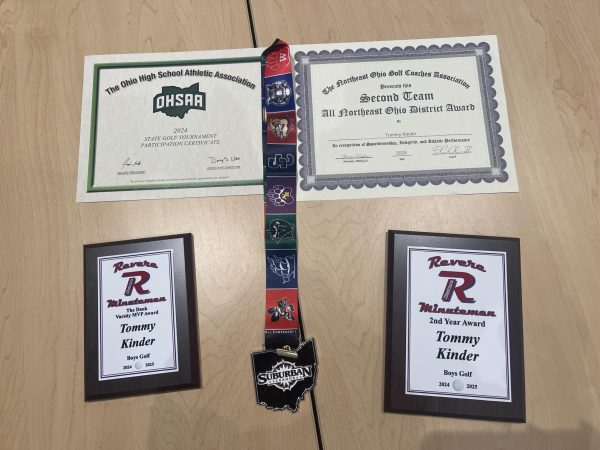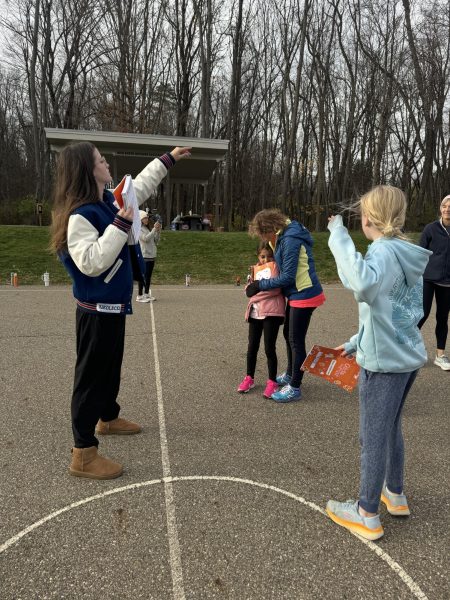Teachers reflect on military service
Sleeping under tanks and boats and carrying pounds of metal on a fifteen-to-twenty mile hike at 4:00 in the morning is no easy task, but for years, Robert Krisch and Joe Silvestri do it every morning. Krisch is a trained Army medic, who took care of the severely injured. Silvestri is an aviation boatswain in the Navy who helped with launching and receiving planes.
Veterans serve the country and risk their lives every day for the betterment of the community. Krisch and Silvestri not only serve the country, they also serve Revere, teaching students about new things every day.
Krisch has been teaching at Revere for twelve years. He served in the Army for six and a half years. He enlisted in 2003, right before the Iraq War started. He decided to join the armed services right after 9/11.
“At the time I thought I was going to like it more than the Air Force. The jobs that you do in the Air Force are very different from what you do in the Army. You are an expert with a weapon on the battlefield. I wanted to be an expert at saving lives and know U.S weapon systems by heart,” Krisch said.
Krisch attended the University of Akron for three years to study engineering, then decided to join the services. During his time in the military, he earned his teaching degree. Krisch commented on what college was like while he was training and in active duty.
“The army was paying for school. I was getting a paycheck to go to school, and all those expenses were covered. I could take the time to explore all the things that were offered, so I studied everything from ballroom dancing to running, swimming, self defense, broadcast, transportation, logistics and my love of all the four science majors. I had four different majors in college, and when I got to education, I loved it. It was a really good fit for me. Getting to know and communicate with people is what I love,” said Krisch.
On top of receiving his teaching degree while in the Army, he also taught miscellaneous classes to the other soldiers on the base. Krisch explained what it was like to teach something other than science.
“They had me teach a lot of classes about handling situations while in warfare. I taught how to maintain personal cleanliness while in the field, because some people went a year without a shower. So, keeping yourself clean is very important; oddly enough you can do it with wet wipes,” Krisch said.
It took Silvestri about a year to adjust back into his regular lifestyle. Silvestri commented on the experience.
“It was a huge transition. You get used to rigorous lifestyle that controlled by others to one that isn’t. It is such a different way of life. They have a hard time adapting. I think the military now offers a class or seminar on how to transition back to civilian life. Those who fight in conflicts have to go through classes like that. They really struggle going back to normal life. It took a little about a year for me to get back into regular life,” Silvestri said.
Both Krisch and Silvestri decided to go into the teaching field. Silvestri commented on why he chose teaching.
“When I took drafting classes, the teacher was a fantastic teacher, I would get done with assignments early and he’d have me help kids, and I really enjoyed that. I played sports, always thought I wanted to coach, so I put the two together, and I wanted to teach.”
Krisch commented on why he chose to teach science instead of staying in the armed forces.
“[Science has] always been fascinating to me, to understand how the universe works and build evidence to support our ideas, that’s really what science is, it’s how we understand things to work, and I think the universe is inspiring. It’s fun to find things out about our universe,” Krisch said.
While making the decision to go into the military, Krisch commented on what he wants students who plan on going into the military to do.
“Anyone that is thinking of the service in the future, I would love to share some of my good and bad experiences, some that they will never get from a recruiter. So, I’m always open to talk,” Krisch said.
The military helped them in ways they did not expect. They both lead a life of teaching students to become their best selves.

